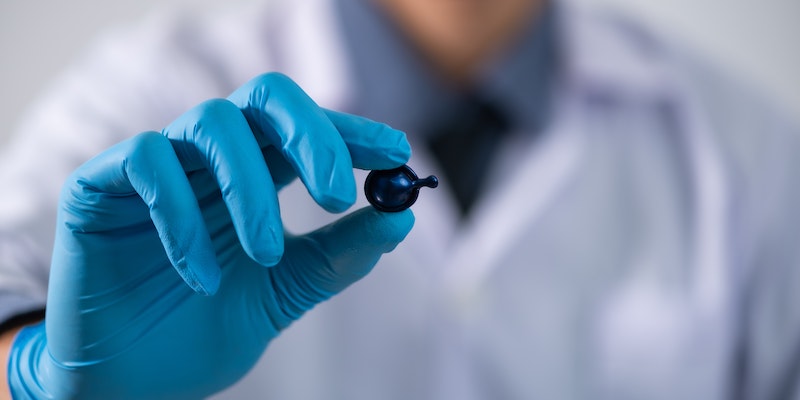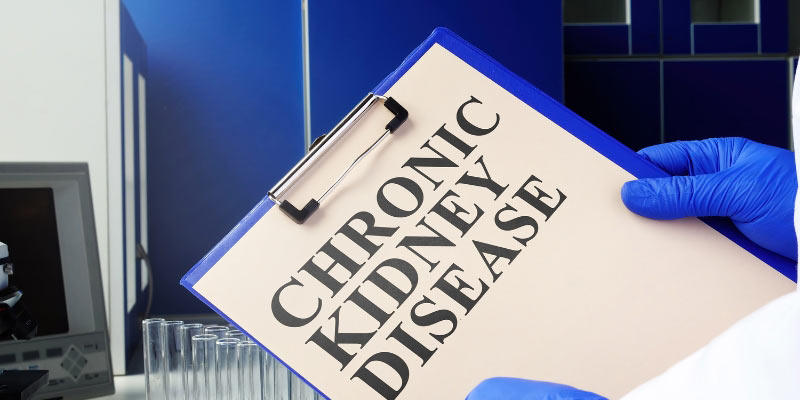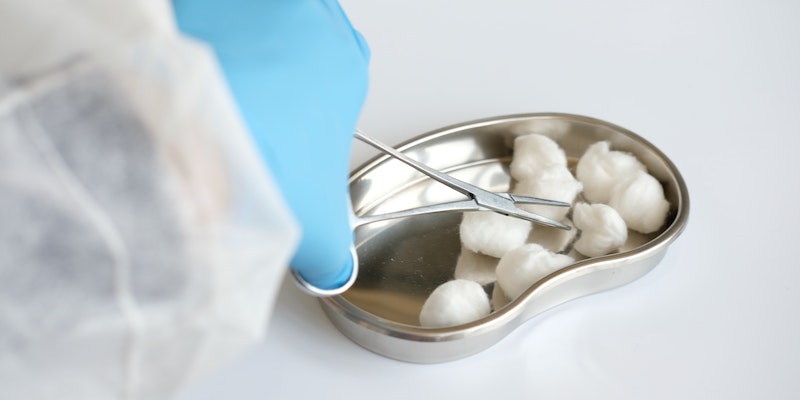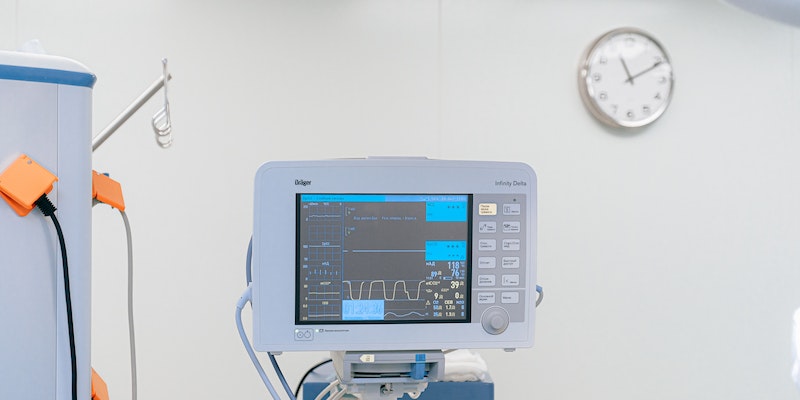
Kidneys are positioned below the rib cage on each side of the spine. The primary role is to filter and eliminate bodily waste. As an essential organ in the human body, it’s prone to severe infections. Kidney infection arises when bloodstream or urinary tract bacteria invade the kidneys.
What Is Kidney Infection?
Urinary tract infections include kidney infections. However, distinguishing between the two is crucial. UTIs mainly affect the bladder and urethra, which retain and release urine.
A kidney infection, or pyelonephritis, is a more severe condition arising when the disease progresses upwards from these lower structures into the kidneys—symptoms of kidney infection.
Pathophysiology
Kidney infections start with bacteria entering the urinary tract through the urethra and growing. Germs spread from the bladder to the ureters and kidneys. The main culprit is E. coli in the gut. Several bacteria and viruses can cause kidney infections.
Modes of Infection
There are two primary ways kidney infections can develop:
- Ascending Infection: Most kidney infections result from this mode, where bacteria from an existing UTI move upwards to reach the kidneys.
- Hematogenous Spread: In rarer cases, an infection in another part of the body can spread through the bloodstream to the kidneys—symptoms of kidney infection.
Common Symptoms of Kidney Infection
Initial Symptoms
The onset of a kidney infection can be rapid, and the symptoms can escalate quickly. Recognizing these early signs can facilitate swift medical intervention:
- Fever and chills: Elevated body temperature is a systemic response to infections.
- Pain: Often localized in the back, side, or groin region. The intensity may vary.
- Nausea and vomiting: The body's reflex reaction to remove harmful substances.
- Changes in Urination: Including frequency, pain, or the appearance of urine.
Subtle and Chronic Signs
While the initial symptoms might be more noticeable, some indications might be subtler or manifest over a prolonged period:
- Malaise: A general feeling of discomfort or illness.
- Persistent high temperature: Unlike the fluctuating fever in acute cases.
- Weight fluctuations: Especially unintended weight loss.
- Prolonged fatigue: A constant feeling of tiredness not alleviated by rest.
Complicating Factors
Certain conditions or situations can make it challenging to recognize a kidney infection:
- In elderly patients, The usual symptoms might be muted or manifest differently, such as confusion or incontinence.
- During pregnancy: Symptoms might be mistaken for typical pregnancy discomforts.
Risk Factors and Statistics
Common Risk Factors
Certain conditions and situations heighten the risk of developing a kidney infection:
- Structural abnormalities: Congenital issues or damages to the urinary tract can inhibit the flow of urine, creating a conducive environment for bacterial growth.
- Weakened immune responses: Conditions like diabetes, cancer treatments, or certain medications can compromise the immune system, making infections more likely.
- Use of urinary catheters: Extended use can introduce bacteria into the urinary tract.
Gender-Specific Risks
- Women: Due to the anatomy of the female urinary tract – a shorter urethra close to the anus – women have an elevated risk. Additionally, menopause and sexual activity can also increase susceptibility.
- Men: An enlarged prostate can trap urine in the bladder, heightening the risk of infections.
UTIs are more common in women, but kidney infections are as severe.
While women are more likely to develop UTIs, the severity of kidney infections is comparable across genders.
Early intervention drastically improves outcomes, with most patients recovering without complications with timely treatment.
Complications of Delayed Treatment
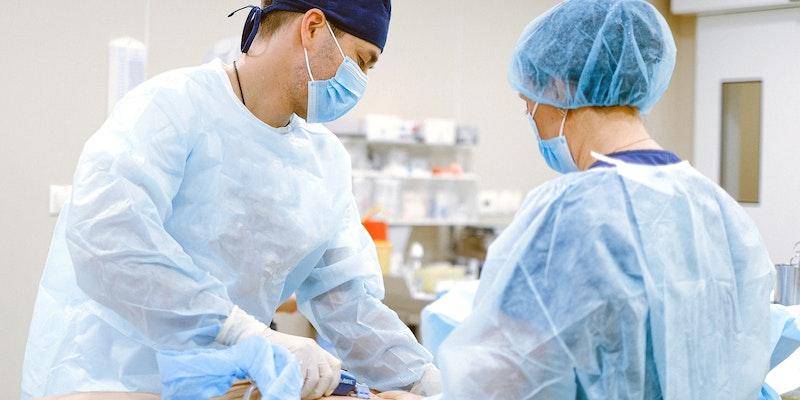
Permanent Kidney Damage
When a kidney infection is not promptly treated, it can escalate to cause severe and sometimes irreversible damage to the kidneys. This damage can be a result of:
- Prolonged inflammation: The body’s immune response to an infection can cause inflammation. When this inflammation is prolonged, it can lead to tissue damage.
- Glomerulonephritis is an inflammation of the tiny filters in the kidneys (glomeruli). An untreated infection can trigger this condition, impairing the kidney's ability to filter waste.
- Scarring: Recurrent or long-lasting kidney infections can lead to scarring of the kidney tissues, which reduces their functionality over time, along with a question of whether a kidney infection can cause bloating.
Bloodstream Infections (Sepsis)
Sepsis is a critical condition where the body reacts severely to bacteria present in the bloodstream. A kidney infection spreading to the bloodstream can lead to sepsis. Indications of this condition include:
- Rapid heartbeat and breathing
- Low blood pressure
- Fever and chills
- Disorientation or confusion
Immediate medical attention is required to manage sepsis, which can lead to organ failure or death.
High Blood Pressure
A damaged kidney can result in the accumulation of waste in the bloodstream. This excess waste can contribute to elevated blood pressure. High blood pressure (hypertension) strains the heart and can lead to conditions like:
- Heart attacks
- Strokes
- Heart failure
Diagnosis and Treatment
Kidney infections must be diagnosed early for optimal therapy. Doctors utilize numerous approaches to diagnose the condition:
- Urine tests: Urine testing is crucial to diagnosis. They can detect an illness by looking for germs, white blood cells, and red blood cells.
- Blood tests: They confirm the infection and check the bloodstream. White blood cell levels above normal indicate a condition.
- Imaging tests: Ultrasounds and CT scans visually represent the kidneys. They can show swellings, abscesses, or other abnormalities that indicate an infection, along with a question of whether a kidney infection causes bloating.
Treatment
Effective treatment is crucial in preventing complications:
- Antibiotics: The primary treatment method. The type and duration depend on the bacteria causing the infection and the patient's health. In most cases, a short course of antibiotics clears the infection.
- Hospitalization: Severe cases may require hospital admission. Patients might receive intravenous antibiotics and fluids.
- Pain relief: Over-the-counter painkillers can help manage pain and reduce fever associated with kidney infections.
Prevention Tips

Hydration
Staying hydrated is paramount. Drinking ample water helps dilute urine and ensures regular urination, which flushes out bacteria from the urinary tract.
Proper Hygiene
Personal hygiene, especially after using the restroom, is crucial. Clean from front to back to prevent bacteria from spreading from the anal to the urethra.
Urination Habits
- Urinating as soon as needed prevents urine from lingering in the bladder, reducing the risk of bacterial growth.
- Fully emptying the bladder prevents bacteria growth.
- To prevent bacteria entering the urethra during sexual activity, urinate before and after.
Avoid Irritants
Steer clear of products that can irritate the genital area. These include powders, douches, and harsh soaps. Instead, opt for milder, unscented products.
Conclusion
Treatable kidney infections might cause severe problems if left untreated. Recognizing symptoms early and seeking medical assistance is vital. Understanding risk factors and preventing kidney infections can significantly minimize their incidence.
